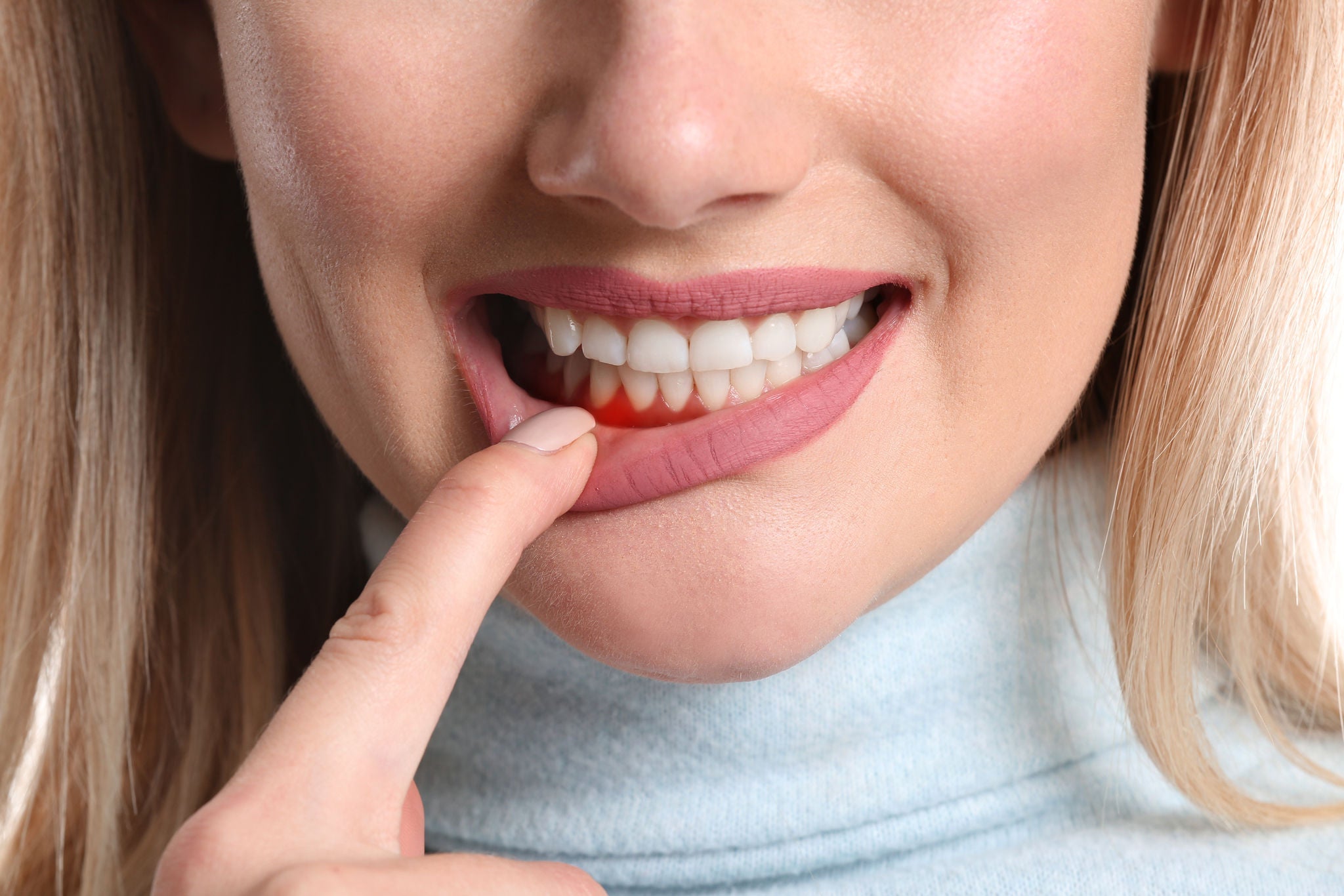
An Introduction to Dental Crowns
Dental crowns are a common dental treatment option used to repair certain conditions in teeth or to enhance the appearance of misshapen or discolored teeth. Once placed, a dental crown allows you to chew comfortably, protecting the tooth from further damage.
We’ve put together this introductory post to help you better understand this relatively common dental treatment.

What are dental crowns?
A dental crown is a custom-made protective cover that fits over the visible part of the tooth, encasing it entirely above the gum line. Dental crowns are designed to restore the tooth's shape, size, strength, and appearance.
The primary function of dental crowns is to safeguard damaged teeth from further harm while maintaining as much function as possible.
When a tooth suffers from extensive decay, fractures, or large fillings, its structural integrity becomes compromised. Dental crowns act as a sturdy shield, encasing the weakened tooth and preventing it from deteriorating under the pressures of biting and chewing.
Types of dental crowns
Dental crowns come in a variety of materials, each with its own set of benefits. Some materials can be color-matched to the natural shade of your teeth. Among the most recommended types are metal, ceramic, and metal-ceramic crowns.
- Metal crowns, typically made of gold or silver alloys, are incredibly durable and can withstand the forces of chewing without chipping or breaking. They are often used for molars or teeth that require maximum strength and longevity.
- Ceramic crowns offer a natural appearance while providing strength for everyday use. They are highly regarded for their natural appearance, closely resembling your natural teeth in color and texture. They are often used for restoring front teeth.
- Metal-ceramic crowns have a metal base covered with a ceramic layer. They combine the resistance of the metal and the aesthetics of the ceramic.
The choice of the right crown material depends on individual needs, taking into account factors such as the location and remaining structure of the tooth, the vitality of the tooth, personal preferences, and budget. Your dentist can assess your unique situation and guide you toward the most suitable option.
Why your dentist may recommend a dental crown
There are several conditions for which a dental crown may be the best solution to repair a damaged tooth.
Tooth decay and cavities
When tooth decay goes unchecked, it can lead to significant damage, compromising the overall health of the tooth. Dental crowns may be the best-recommended course of action, providing an effective solution to repair severely decayed or cavity-filled teeth.
Fractured or broken teeth
Accidents happen, and unfortunately, teeth can sometimes suffer fractures or breakage. Dental crowns play a pivotal role in restoring and strengthening damaged teeth in such cases. By encasing the fractured tooth, the crown acts as a protective barrier, preventing the tooth from further damage while enabling you to chew and speak comfortably, and restoring its form.
Root canal treated teeth
Root canal procedures are performed to save severely infected or inflamed teeth. However, this treatment weakens the tooth structure if not already damaged by a cavity at the origin of the root canal procedure, making it susceptible to further fractures. To safeguard the tooth and prolong its lifespan, dental crowns are often recommended after root canal procedures.
Enamel loss
Enamel, the hard outer layer of our teeth, is essential for shielding the sensitive inner layers from bacteria, acid, and mechanical wear. However, it can erode due to factors such as acid erosion or teeth grinding. When enamel loss becomes significant, the tooth's structural integrity is compromised.
Dental crowns may be recommended to shield affected teeth from further erosion.
Tips for caring for dental crowns
Proper care is essential to ensure the longevity of your dental crowns and the tooth structure encapsulated within. Here are some essential tips on how to care for your teeth after getting a dental crown.
- Practice a complete oral hygiene ritual: Commit to practicing your oral care ritual twice a day, including brushing, interdental cleaning, and using mouth rinse. Be gentle but thorough around the crowned tooth to avoid any damage to the restoration or secondary caries due to plaque accumulation at the tooth/crown border.



- Be mindful of chewing: While dental crowns are sturdy, it's still a good idea to avoid biting down on hard or sticky foods or pull on them on a sandwich, for example, as they may cause the crown to crack or dislodge. Opt for softer foods and cut tough items into smaller pieces to minimize stress on the crown.
- Use non-abrasive toothpaste: Choose a non-abrasive toothpaste when brushing your teeth, as abrasive ones can wear down the crown's material over time. Your dentist can recommend suitable toothpaste options.
- Address habits that could damage your crowns: If you have habits like teeth grinding or clenching, consider using a night guard to protect your dental crown and natural teeth from unnecessary pressure and wear.
- Visit your dentist regularly: Maintain regular dental check-ups and cleanings to ensure your dental crown and the surrounding teeth remain in good condition. Your dentist will inspect the crown and address any concerns during these visits.
By following these simple steps, you can help extend the lifespan of your dental crown.
A well-cared-for dental crown can serve you for many years, giving your tooth renewed functionality.

